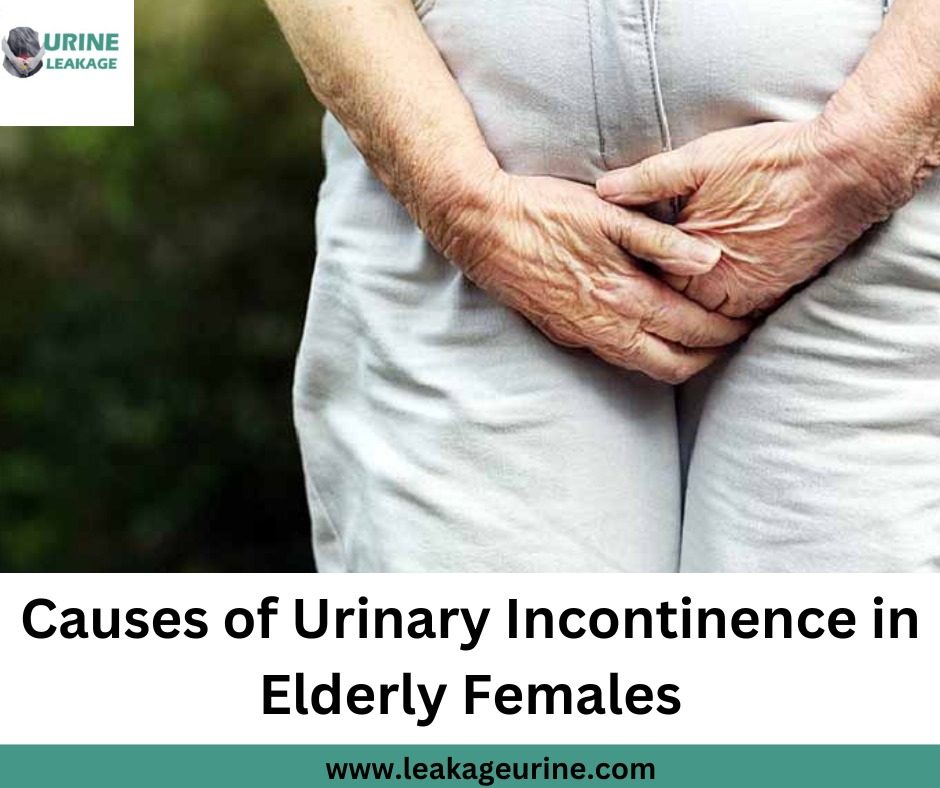The involvement of irrepressibly leaking urine can be an awkward problem for several people. Urinary incontinence is a loss of bladder control that’s usually seen in older grownups and women who have given birth or disappeared through menopause. Urinary tract infections (UTIs), pelvic floor illnesses, and a distended prostate are other causes.
What is urinary incontinence?
Urinary incontinence (UI) is the unintentional loss of urine. According to the studies, there are over millions of individuals that experience provisional or chronic urinary incontinence. UI can happen at any age, but it is more communal amongst women over 50. Urinary incontinence may be a provisional condition that consequences from an underlying medical disorder. It can vary from the uneasiness of slight losses of urine to simple, frequent dampening.
What causes urinary incontinence?
Urinary incontinence is not an unavoidable consequence of aging, but it is predominantly communal in older individuals. It is frequently instigated by specific vicissitudes in body function that may consequence from illnesses, the use of medicines, and/or the onset of a disease. Occasionally it is the first and only sign of urinary tract contamination. Females are most likely to grow urinary incontinence throughout pregnancy and after childbirth, or after the hormonal variations of menopause.
Specific action for urinary incontinence will be strongminded by your specialist based on:
- Your age, general health, and medical past
- Kind of dissoluteness and extent of the illness
- Your tolerance for specific medications, procedures, or therapies
- Prospects for the sequence of the illness
- Your estimation or predilection




